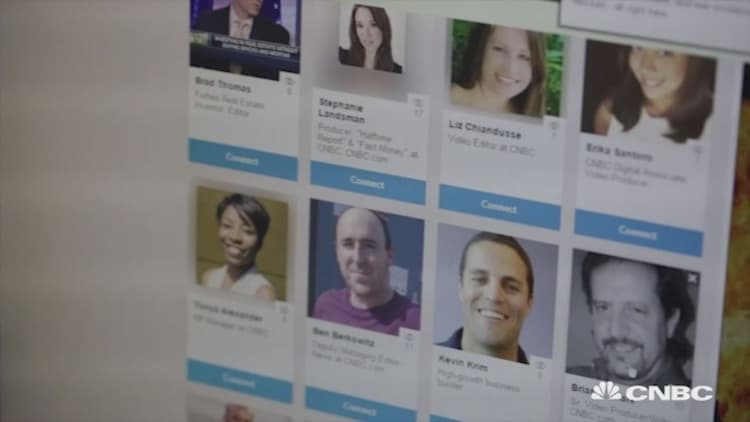Cover letters can feel like a time-consuming and pointless part of the job hunting process. However, most hiring managers still see them as crucial when assessing applicants. A whopping 83% of recruiters, hiring managers, and HR staff call cover letters important parts of their hiring decisions, according to a ResumeLab survey of 200 "HR Pros."
"I regularly hear from people who started getting a lot more interviews after they revamped their cover letters," Alison Green, of the popular work advice column Ask a Manager, tells Grow.
If you're not hearing back in response to your job applications, Green says it might be because you're making a crucial mistake: "The most common thing people do with their cover letters is just summarize their resumes," she says. "That's a huge waste! You're already submitting your resume; you don't need to summarize it again."
Here's how to write a cover letter that will actually get you noticed:
Don't rehash your resume; show 'why you'd excel at the job'
For most jobs you're applying to, it is likely that other candidates will have similar resumes to yours. That's why summarizing your resume isn't just redundant — it's also not an effective use of your cover letter.
More from Grow:
10 high-demand jobs this summer: Several pay over $60,000 a year
How to help small businesses during the coronavirus pandemic
4 highly coveted soft skills employers want to see on your resume
"Your resume is the most important since it explains what you've actually achieved and what your work experience has been," Green says. "But when you're up against a sea of other candidates with similar work histories and qualifications, a cover letter can be crucial in explaining why you'd excel at the job."
A thoughtful and specific cover letter also shows you aren't simply applying to dozens of jobs at once, says Rhiannon Staples, HR expert and chief marketing officer at Hibob. "If nothing else, a well-crafted and tailored cover letter shows that you aren't canvassing job boards with your resume, but rather you have a distinct connection and interest in the company and job you're applying to," she says.
How to make a cover letter personal
A cover letter is a place to explain the reasons you are well-suited for this particular job in a way that might not be clear from your resume. It gives you a chance to connect the dots and fill in the blanks in order to best tell your story.
"For example, if you're applying for a job that requires being highly organized and you obsessively track your household finances in a neurotically detailed, color-coded spreadsheet, most hiring managers would love to know that because it says something about the kind of attention to detail you'd bring to the job," Green says.
I regularly hear from people who started getting a lot more interviews after they revamped their cover letters.Alison GreenFounder of Ask a Manager
Think about what your resume doesn't say that you think is relevant and important for the hiring manager to know. That is what you should put in your cover letter.
Remember, though, cover letters don't need to be a huge time-suck: Once you have the basic content set, Green says, "you shouldn't need to spend an hour on it each time." The bulk of it can remain the same from application to application while you customize the introduction and conclusion.
By keeping your cover letter short but making it personal and impactful, you'll start catching the eye of more hiring managers.
The article "Job Hunting? Don't Make This Common Cover Letter Mistake" originally appeared on Grow+Acorns.



